Violence, Crime, and Policing in Arab Society in The Age of Covid
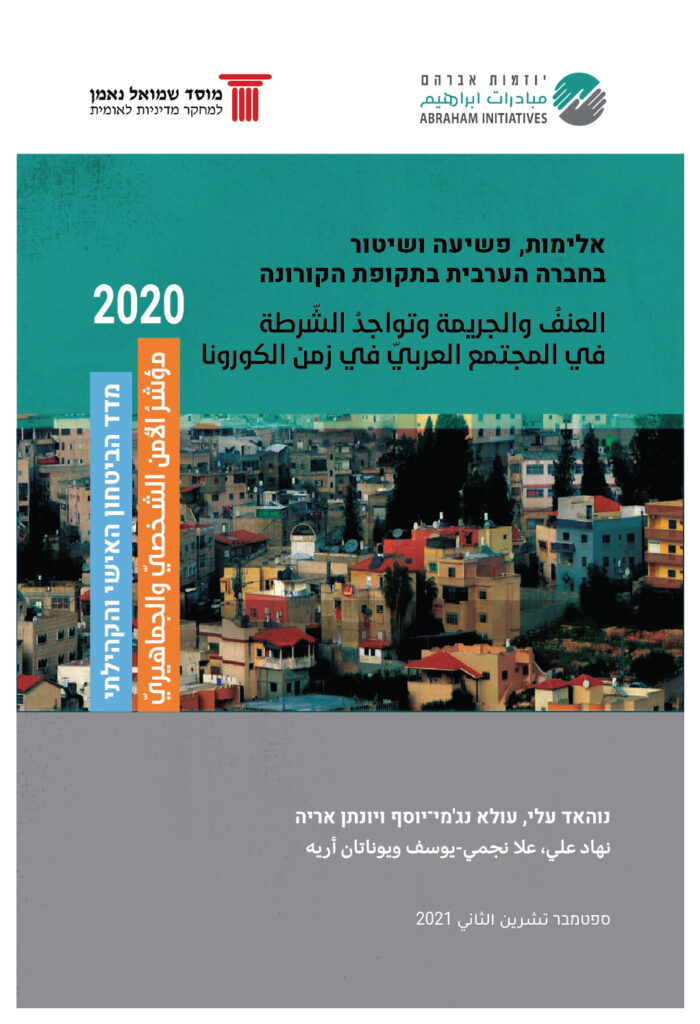
Link to the full Report Following are the main results from the survey as specified in the report: The data indicate that respondents from the population of Palestinian citizens of Israel feel a lack of personal security because of violence in their communities to a significantly greater extent than respondents from Jewish society. Among the […]
The Economic Impact of the Abraham Accords After One Year: Passions vs. Interests
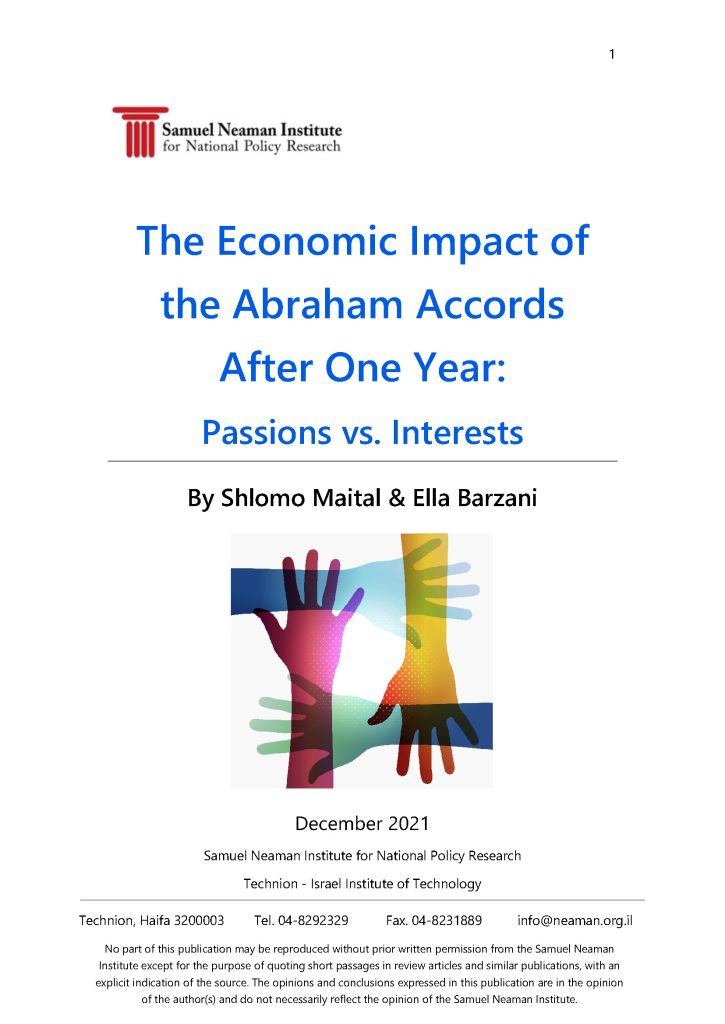
This brief essay summarizes research on the economic benefits of the Abraham Accords, flowing to the five nations involved: Israel, Morocco, United Arab Emirates, Bahrain, and Sudan. Israel is seen so far as reaping the largest share. The agreement with the United Arab Emirates is by far the most significant, for the two nations. The […]
Survey Security Personal in the Mixed Cities 2020
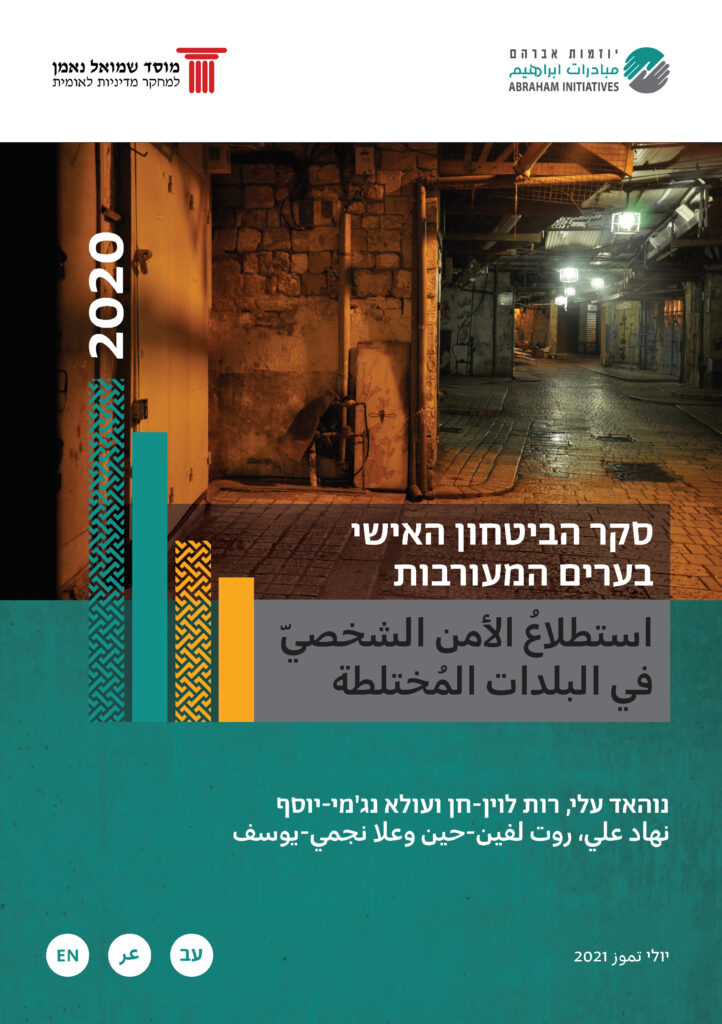
Link to the full Report The Survey of Personal Security in Arab Society in the Mixed Cities for 2020 is the first report focusing on issues of violence, crime, and policing in this population. This publication complements the reports of the Personal and Communal Security Index published annually by the Abraham Initiatives and the Samuel […]
Focused Repatriation. The Demography and the Social Processes in the Jewish Communities in the World
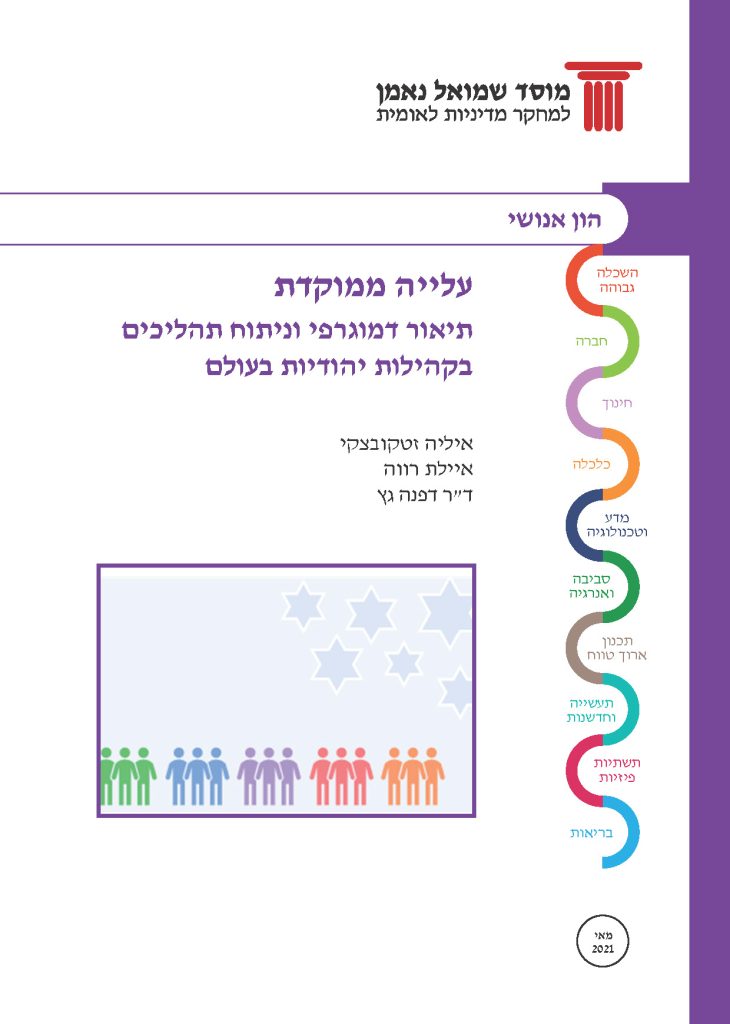
The Research analyzed the Demography and the Social Processes in the Jewish Communities in the World in order to point the Communities, which could have the best choices for successful absorption.
Arab minority participation in collective action for provision of public goods in the general Israeli society.
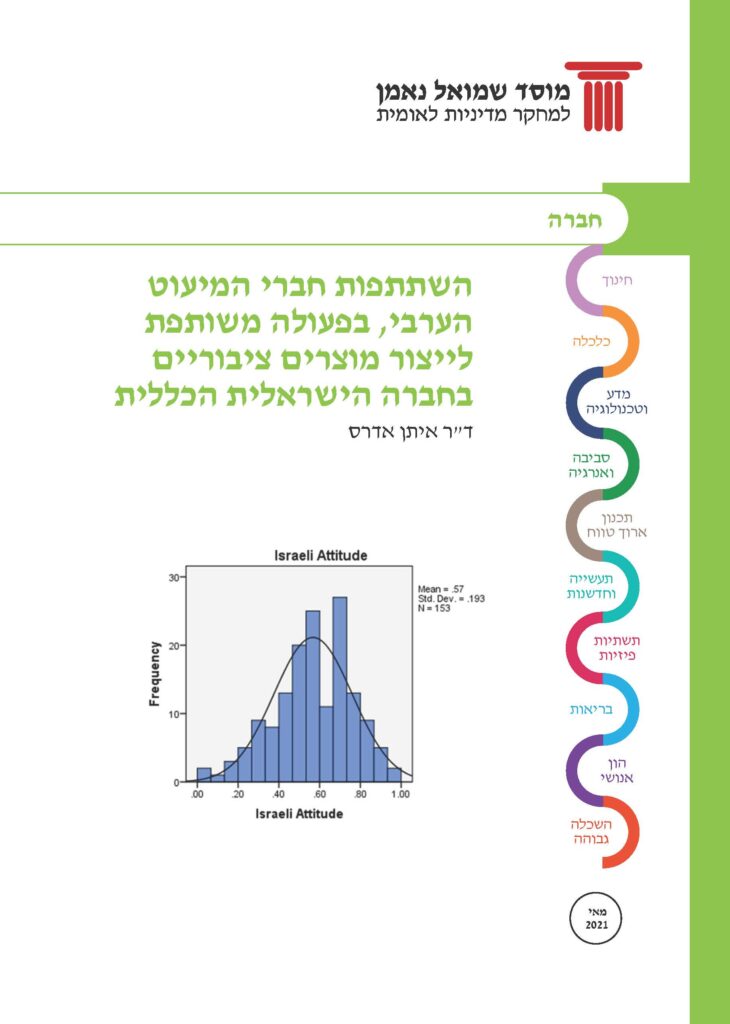
The societal and economic integration of the Arab minority is considered an essential factor for Israel.This research inquires how Arab minority members resolve the social dilemma of participation in collective action at the general society level.The recent unrest (May 2021) which un-stabilize co-existence and integration, poses a strategic challenge for Israel as a liberal democracy. […]
R&D outputs in Israel: Inventive Characteristics of Local and Foreign Activity in the Israel Patent Authority
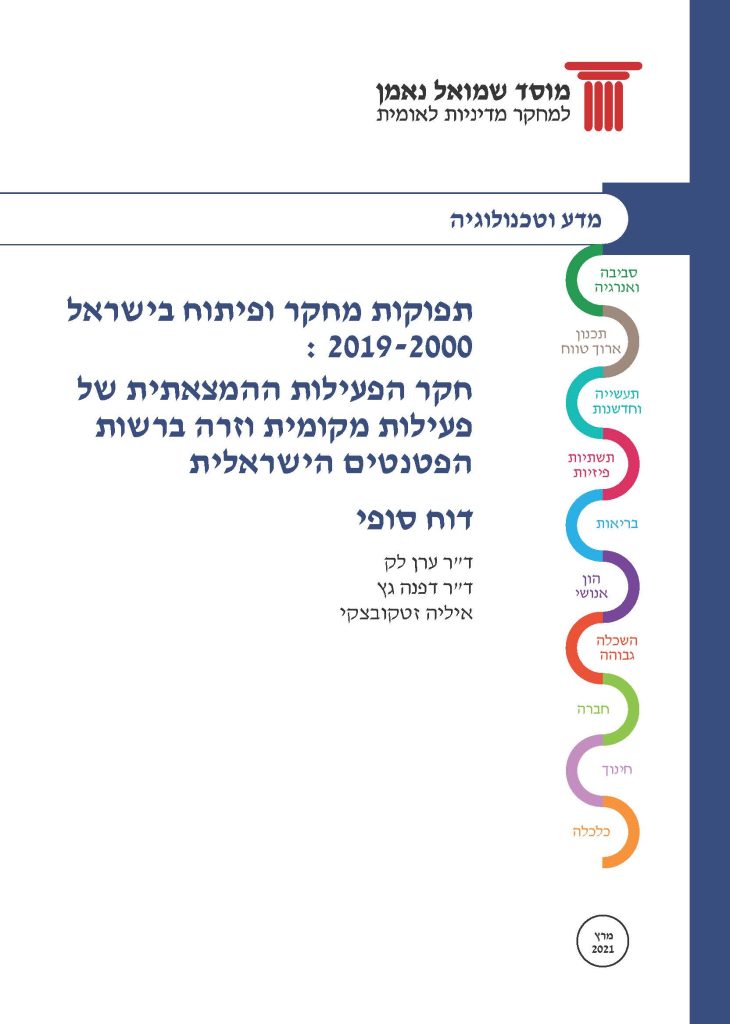
This report presents updated statistics on the inventive activity of Israeli inventors and applicants. This includes: Analysis of patent applications in the PCT track; Analysis of inventive activity by leading assignees; Distribution of inventive activity by sectors and technological fields and an analysis of the globalization aspects of inventive activity. An extended chapter reviews and […]
Towards a reform of the tax system
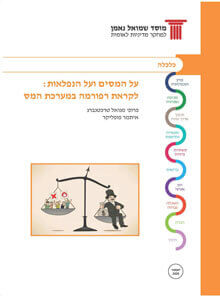
Israel is facing very large fiscal needs as a result of the COVID-19 crisis and the need to upgrade vital public services after a long period of neglect, and therefore tax increases will be inevitable in the near future. At the same time the many flaws of the Israeli tax system call for urgent reform, […]
Protective layers in the war on Corona: A realistic model for handling pandemics
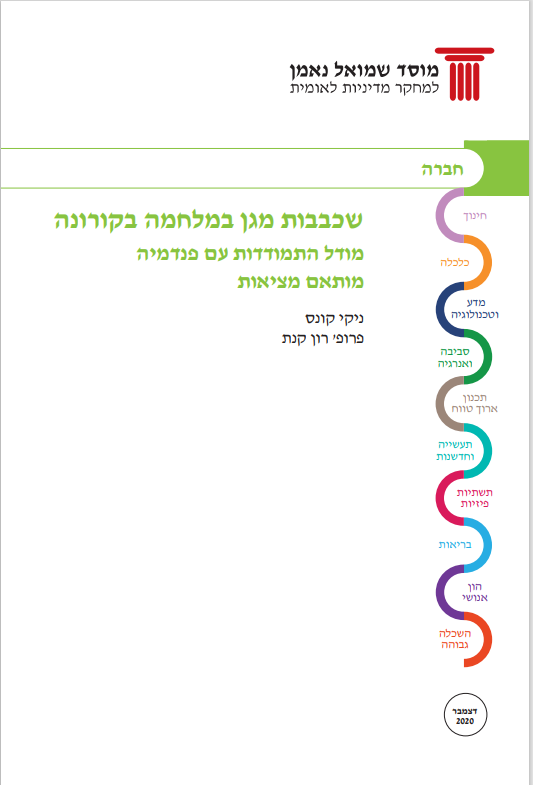
The way the Covid pandemic has been addressed in Israel has raised significant issues regarding the decision-making process at the national, community and personal level. This project aims at addressing such challenges at the conceptual level. We propose a three tier approach addressing the national, community and personal level.
National land ownership and housing prices in Israel
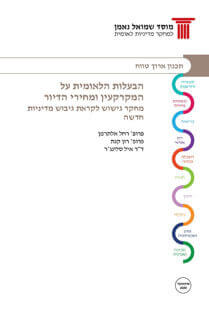
Despite the central place that Israel’s housing policy has taken since the 2011 mass protests, and the various policy alternatives that have been considered, one issue has never been placed for public awareness and debate: The fact that Israel – alone among all the members of the OECD – has a land tenure system with […]
Towards a New Fiscal Policy for Israel: Balancing Budgetary Responsibility and Societal Needs
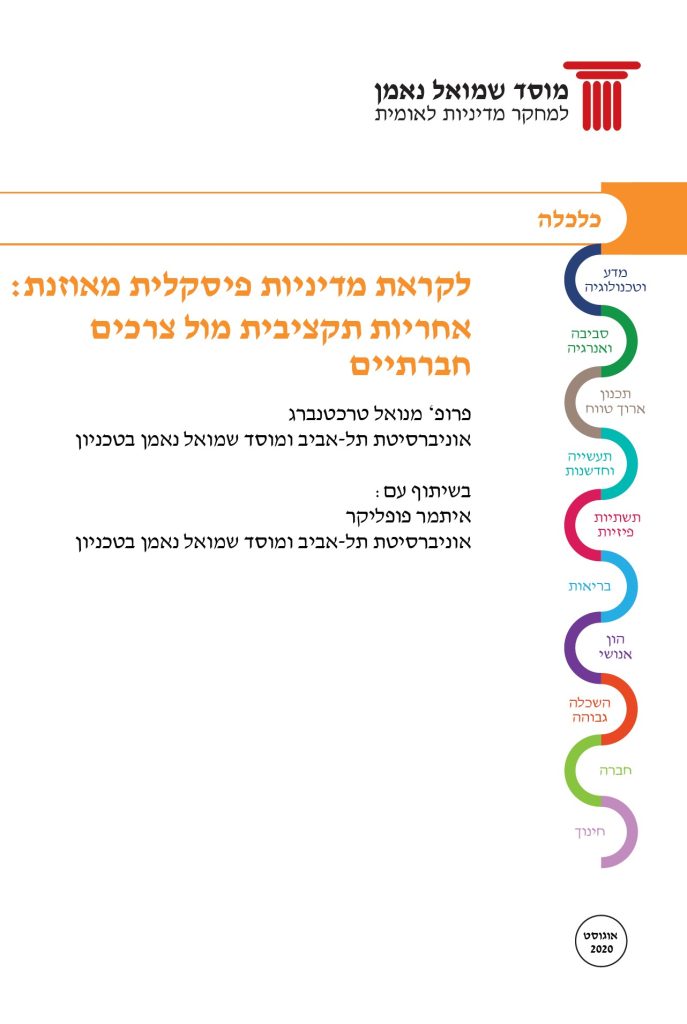
This paper was originally written before the COVID-19 crisis, and therefore it does not address the current challenges facing the Israeli economy due to this severe crisis. However, long-term processes that occurred before the crisis require a reassessment of the economic policies that had prevailed until then. We will refer to the current period in […]
